A Cataloging in Publication record (CIP record) is a bibliographic record that the Library of Congress provides to publishers. It is included on the verso of the title page of the book, facilitating the processing of the book by libraries and book dealers. The Library of Congress also distributes these records weekly, in machine readable form, to large libraries, bibliographic services, and book vendors around the world.
Publishers submit applications to the Library of Congress (LoC), and the LoC creates the CIP records for the books, which are then sent back to the publisher. This is a service offered to publishers at no other cost than sending a complimentary copy of the books summited for CIP to the LoC. Only U.S. publishers are eligible to participate in the CIP Program. To qualify for the program, every publisher must have a list of at least three titles by three different authors, and these titles must have been acquired by a minimum of 1,000 U.S. libraries.
The program was established in 1971. A year later the LoC partnered with the National Library of Medicine (NLM) to provide CIPs. Through the years, other 32 United States libraries have joined the CIP Partnership Program of the LoC. Duke University Libraries (DUL) joined in 2008 and agreed to provide the CIPs for the books published by Duke University Press (DUP). In most cases, the partner library catalogs the books published by its own institution. For many years the CIP Program focused only on print publications. From October 2011, the program broadened its scope to include titles published in electronic and print format simultaneously. All partners libraries are NACO and BIBCO members, thus guaranteeing the quality of the cataloging.
When Duke joined the CIP Partnership Program in 2008, the Library of Congress provided a Windows based Text Capture and Electronic Conversion (TCEC) application called On the Marc. This software was developed by Library of Congress’ staff to produce MARC21 records from electronic data. The manuscript files submitted by publishers provide the source of the electronic data for the CIP records. On the Marc was configured specifically for use with the OCLC Connexion cataloging client. After the cataloger completed a preliminary record using On the MARC, the record was sent to the OCLC Connexion client, where the cataloger completed the full cataloging of the ECIP. Afterwards, the record (or records) were uploaded to a Duke University server directory as an OCLC Connexion “Local Save” file and harvested by the LoC.
In May 2019 the LoC CIP Program launched a new, more user-friendly, customer service application, the PrePublication Book Link (PPBL).

Things work slightly different in PPBL. The publisher, in our case DUP, submits the CIPs applications that are then picked up by one of the two, at the moment, cataloguers at DUL in charge of creating the CIP records. In the PPBL app, “My Group’s CIP” includes all active CIP applications of the institution, and “My CIP” includes all active CIP applications picked up by each individual cataloger.

The information included in the CIP application is the Library of Congress Control number (LCCN), title, status, priority (This will be used to indicate the CIP is a RUSH request by the publisher this field, 1-Critical.), subject, assignment group, assigned to, print month and year and date it was created.

The CIP Program requires that a single galley file in PDF be attached to the CIP Request in PrePub Book Link.

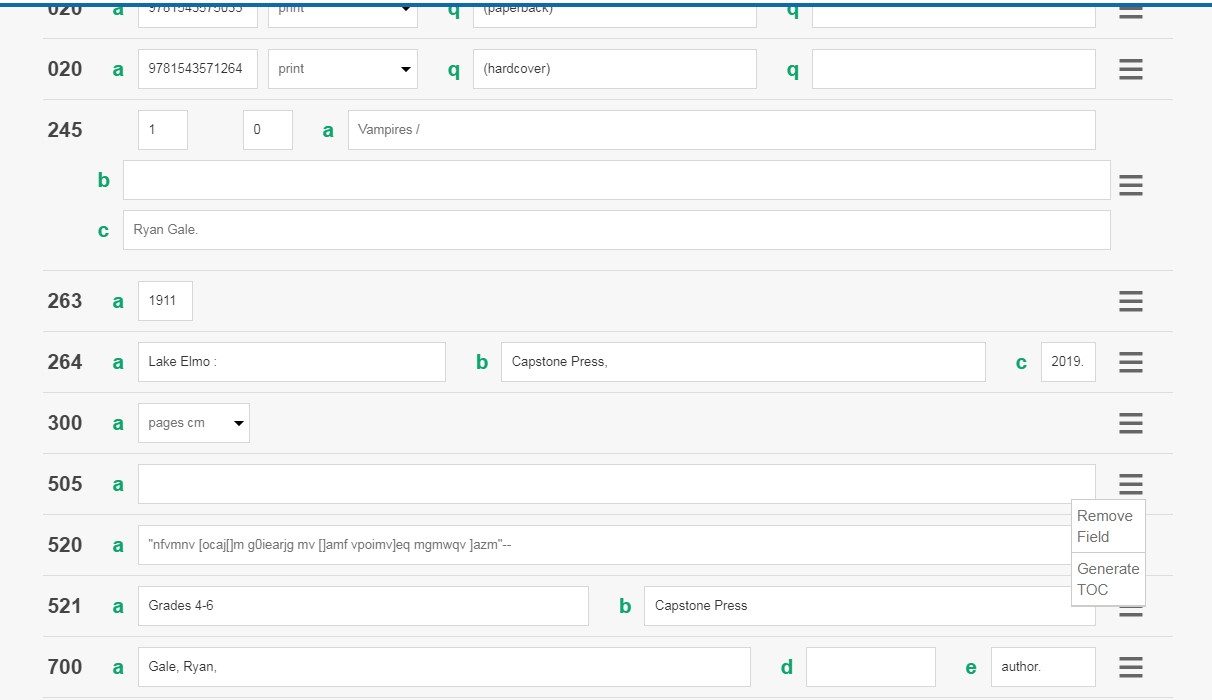
Once the cataloger accepts the CIP application, she changes the status to full cataloging and proceeds to open the MARC Editor in a new browser tab, where some editing is available (e.g. adding the 505 table of contents).


After that, the record is downloaded to the computer and, from there, imported to OCLC to complete the cataloging.
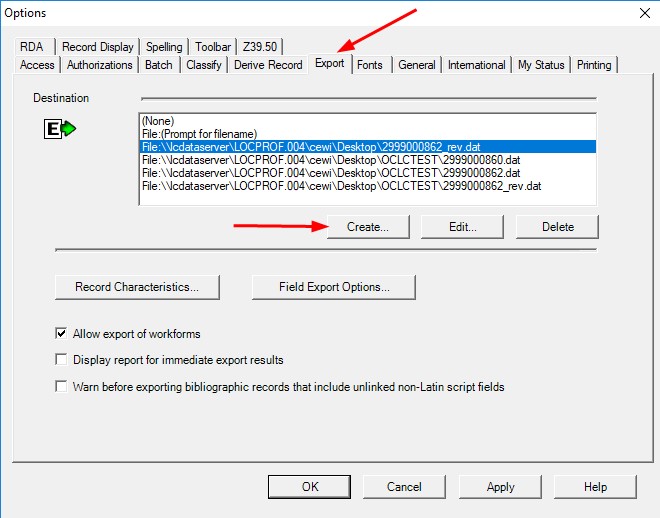
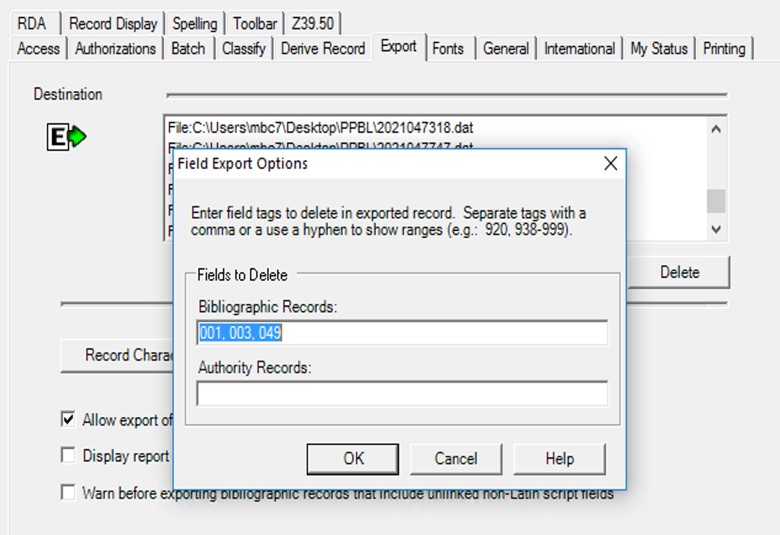
Once the bib record is completed following the Program for Cooperative Cataloging (PCC) guidelines, we export it to a file created specifically for that record using the LCCN, and delete the MARC field tags 001, 003, and 049.
Back in the PPBL, we upload the record using the Partner Cataloger MARC Upload feature and ingest the record in the catalogue VOYAGER of the LoC. If all works well, a success message will be displayed. At this point, we are ready for the final steps in the process: adding the Call number to the PPBL and sending that information to Dewey, the next assignment group, by changing the status from “full cataloging” to “Dewey”. By clicking “save” once the status has been changed to Dewey, the CIP is automatically deleted from the side of the PPBL that we have access to.
There are significant differences in workflow between On the Marc and PPBL:
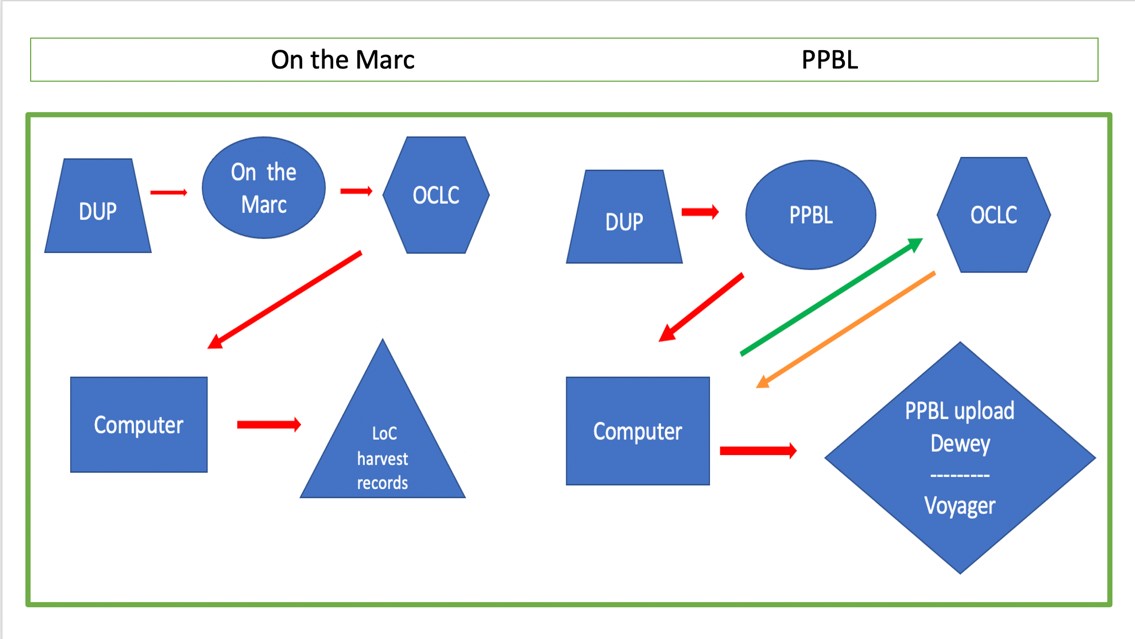
In On the Marc the cataloger sent the bib record directly to OCLC. Once they were ready, she saved them on a specific file to be harvested by LoC. By contrast, in the PPBL application, the records are downloaded to the computer and imported to OCLC; once they are completed, they are again downloaded to the computer, and uploaded by the cataloger, one by one, to the PPBL and to the VOYAGER catalog.
As far as editing is concerned, the PPBL app constitutes an improvement but there remains quite a bit of editing to be done in fields like the 505.

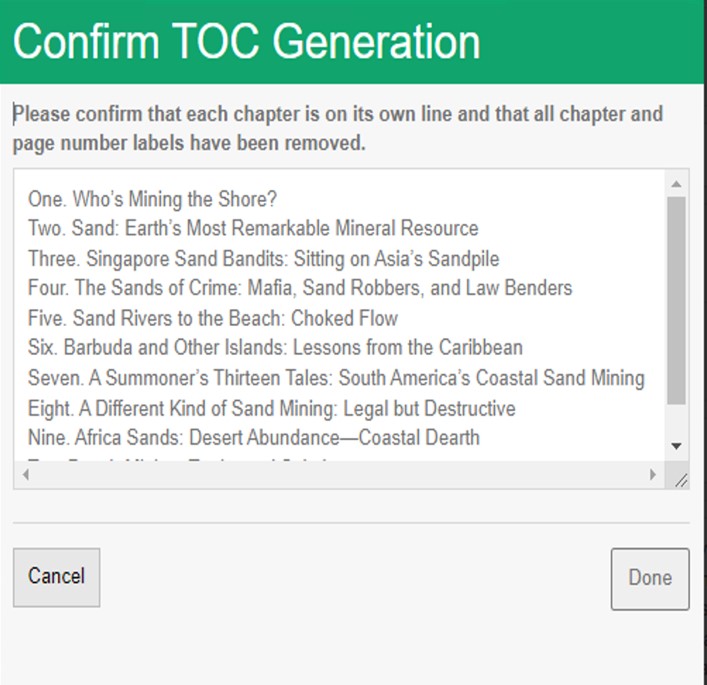
For example, the software allows us to remove common words like “chapter” but we still have to remove and edit the text. In addition, some diacritics don’t translate well and the order of the title / author sometimes needs to be flipped manually, like in the example below.


The improvements from On the Marc to PPBL may seem unexciting. It is hard to imagine many of you bewildered by the specifics of the changes outlined above.
Questions about the usefulness of this enterprise may remain. After all, what is the point of what seems a rather convoluted process of information sharing. The answer is simple: to provide, through the coordination efforts of the Library of Congress, a public good in an efficient, decentralized fashion. Each record we upload to CIP is a high quality contribution to the rest of library world. Jointly, we cooperate, helping each other and staying true to the mission of organizing the dissemination of knowledge as presses are ready to share it with world.


 Monographic Acquisitions recently undertook the pleasurable task of acquiring numerous LPs and CDs released by the North Carolina independent record label
Monographic Acquisitions recently undertook the pleasurable task of acquiring numerous LPs and CDs released by the North Carolina independent record label 
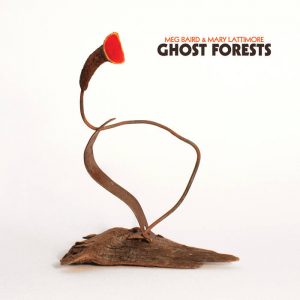 Meg Baird and Mary Lattimore: Ghost Forests (
Meg Baird and Mary Lattimore: Ghost Forests (

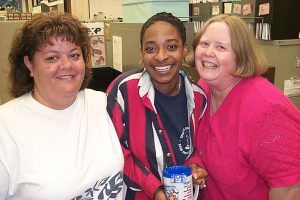



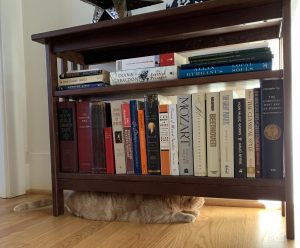
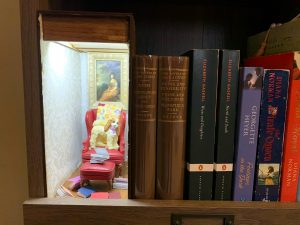


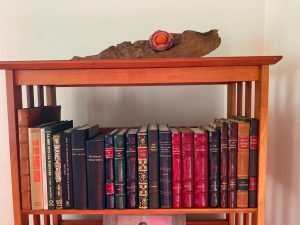
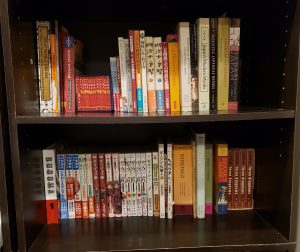

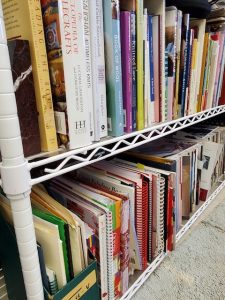


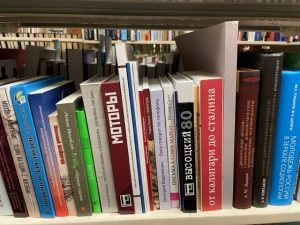
 Thanks Christina Manzella for
Thanks Christina Manzella for 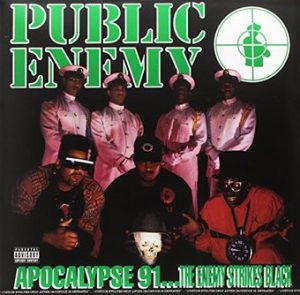 No strangers to controversy and militant political statements, Public Enemy ratcheted up their rage even higher with their fourth album
No strangers to controversy and militant political statements, Public Enemy ratcheted up their rage even higher with their fourth album  Mos Def and Slick Rick are both hip hop legends, and well represented on the box, but this oddball (maybe not that odd, as Mos Def and Talib Kweli did a version of Slick Rick’s ‘Children’s Story’ on their
Mos Def and Slick Rick are both hip hop legends, and well represented on the box, but this oddball (maybe not that odd, as Mos Def and Talib Kweli did a version of Slick Rick’s ‘Children’s Story’ on their 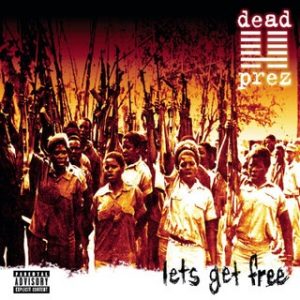 No other modern hip-hop group is so consistently and unrelentingly political as Dead Prez (okay, sure, The Coup takes that crown) and one of their toughest tracks is ‘Police State’ from their 2000 debut ‘Let’s Get Free’. There’s no shortage of police commentary content to choose from (for starters see the anthology-included ‘
No other modern hip-hop group is so consistently and unrelentingly political as Dead Prez (okay, sure, The Coup takes that crown) and one of their toughest tracks is ‘Police State’ from their 2000 debut ‘Let’s Get Free’. There’s no shortage of police commentary content to choose from (for starters see the anthology-included ‘
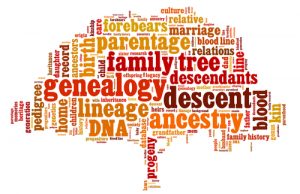 Interested in researching your family history, but don’t know how to start? Wondering whether or not Duke University Libraries has any resources to help you find your ancestors? Jacquie Samples (Head, Metadata and Discovery Strategy) and Lesley Looper (Team Lead, Bindery & Monograph Maintenance) have been working collaboratively to update and maintain Duke University Libraries’
Interested in researching your family history, but don’t know how to start? Wondering whether or not Duke University Libraries has any resources to help you find your ancestors? Jacquie Samples (Head, Metadata and Discovery Strategy) and Lesley Looper (Team Lead, Bindery & Monograph Maintenance) have been working collaboratively to update and maintain Duke University Libraries’  The final album I want to address in this post is my personal favorite, her 2016 EP Coconut Oil. While her earlier and, tragically, lesser-known music spoke of struggle—both personal and more broadly—this six-track EP exudes joy in its reminder to take care of ourselves. In “Scuse Me” and “Coconut Oil,” we find self-love anthems. With lyrics like “I don’t need a crown to know that I’m a queen” in the former and “Don’t worry ’bout the small things, I know I can do all things” in the latter, Lizzo exudes a sort of self-assuredness toward which we all strive. Furthermore, she stresses that, if we can love ourselves, then we know just how deserving of others’ love we are, as illustrated in the lyrics of “Worship” and her first big single, “Good as Hell.” Activism, whether it entails fighting for the collective or for oneself, is exhausting. This EP provides us with that brief break necessary to avoid burnout and to practice a little self-care.
The final album I want to address in this post is my personal favorite, her 2016 EP Coconut Oil. While her earlier and, tragically, lesser-known music spoke of struggle—both personal and more broadly—this six-track EP exudes joy in its reminder to take care of ourselves. In “Scuse Me” and “Coconut Oil,” we find self-love anthems. With lyrics like “I don’t need a crown to know that I’m a queen” in the former and “Don’t worry ’bout the small things, I know I can do all things” in the latter, Lizzo exudes a sort of self-assuredness toward which we all strive. Furthermore, she stresses that, if we can love ourselves, then we know just how deserving of others’ love we are, as illustrated in the lyrics of “Worship” and her first big single, “Good as Hell.” Activism, whether it entails fighting for the collective or for oneself, is exhausting. This EP provides us with that brief break necessary to avoid burnout and to practice a little self-care.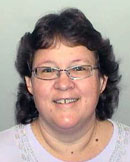 Corrina has been working at Duke since 1988! She started in the Medical Center, and transferred to the Surgical Private Diagnostic Clinic (later called the Private Diagnostic Clinics) in 1990. Corrina joined Duke Libraries in 1994, spending all of that time working with the Bindery, with several changes, location moves, and position upgrades along the way! One of Corrina’s favorite Duke memories is attending the DUL staff appreciation lunches (especially at the Searle Center), and getting to use work time to attend them. (Way back when, those lunches included humorous plays put on by library staff!)
Corrina has been working at Duke since 1988! She started in the Medical Center, and transferred to the Surgical Private Diagnostic Clinic (later called the Private Diagnostic Clinics) in 1990. Corrina joined Duke Libraries in 1994, spending all of that time working with the Bindery, with several changes, location moves, and position upgrades along the way! One of Corrina’s favorite Duke memories is attending the DUL staff appreciation lunches (especially at the Searle Center), and getting to use work time to attend them. (Way back when, those lunches included humorous plays put on by library staff!)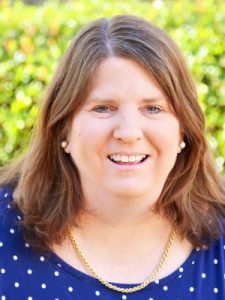 Lesley has worked at Duke since 2001 (all of it in Duke Libraries), first in Receipts Management (starting as Library Assistant and later as Section Head) within the Acquisitions Department, and then in the Cataloging Department (now called Resource Description). Later, she joined Shelf Preparation Section, before becoming part of the BAMM team. One of Lesley’s favorite Duke memories is attending the
Lesley has worked at Duke since 2001 (all of it in Duke Libraries), first in Receipts Management (starting as Library Assistant and later as Section Head) within the Acquisitions Department, and then in the Cataloging Department (now called Resource Description). Later, she joined Shelf Preparation Section, before becoming part of the BAMM team. One of Lesley’s favorite Duke memories is attending the